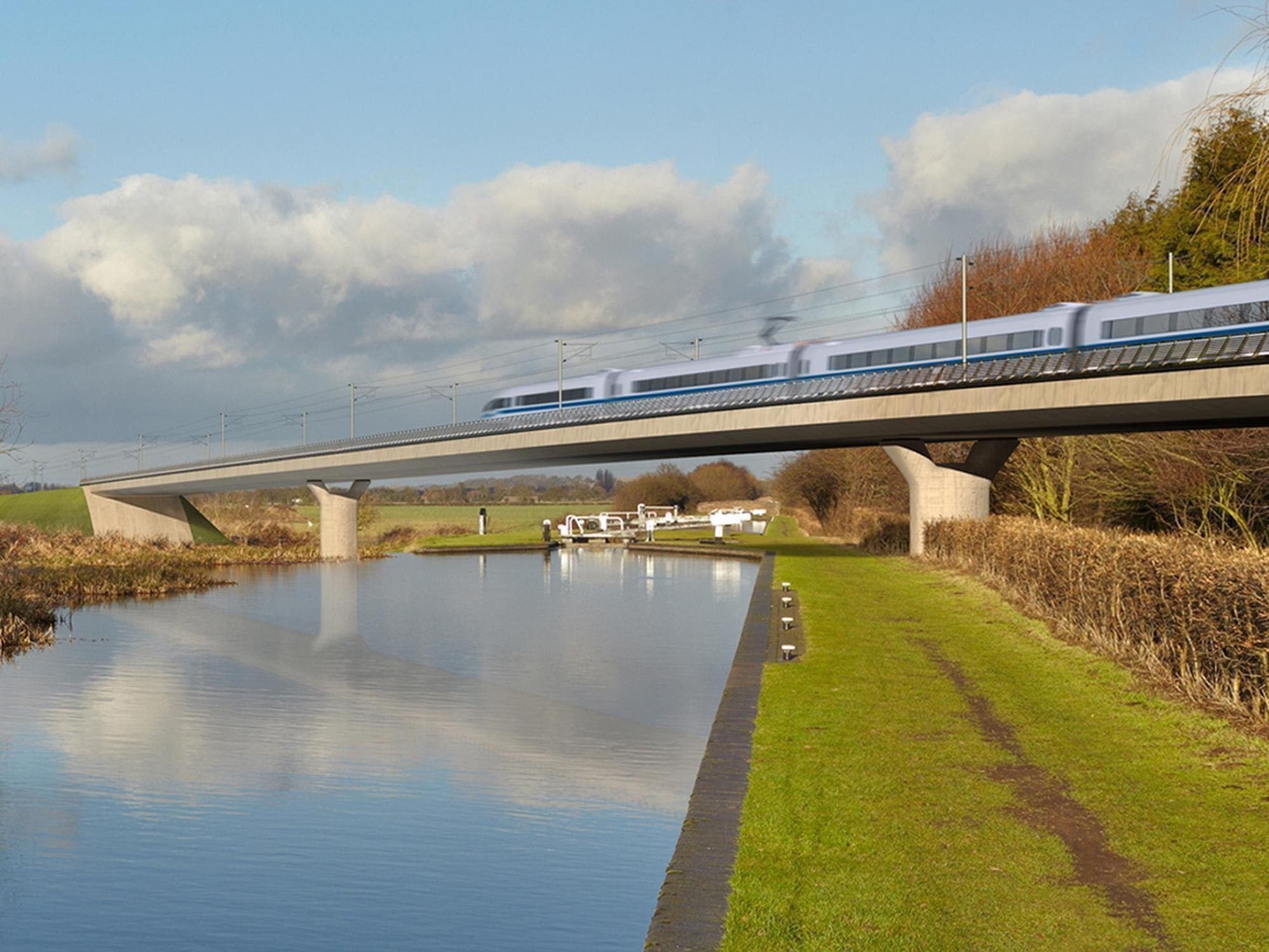Northern Powerhouse ‘undermined’ by austerity as power and resources ‘hoarded’ in Westminster, says report
Despite signs of economic growth, significant public spending cuts in north of England mean life has worsened for too many, says Institute of Public Policy Research

Your support helps us to tell the story
From reproductive rights to climate change to Big Tech, The Independent is on the ground when the story is developing. Whether it's investigating the financials of Elon Musk's pro-Trump PAC or producing our latest documentary, 'The A Word', which shines a light on the American women fighting for reproductive rights, we know how important it is to parse out the facts from the messaging.
At such a critical moment in US history, we need reporters on the ground. Your donation allows us to keep sending journalists to speak to both sides of the story.
The Independent is trusted by Americans across the entire political spectrum. And unlike many other quality news outlets, we choose not to lock Americans out of our reporting and analysis with paywalls. We believe quality journalism should be available to everyone, paid for by those who can afford it.
Your support makes all the difference.The Northern Powerhouse has been “undermined” by austerity as power and resources are “hoarded in Westminster”, a think tank has said.
The Institute for Public Policy Research (IPPR) North said that despite signs of economic growth as a result of the project, significant public spending cuts in the region meant life had worsened for too many northerners.
The Northern Powerhouse was introduced by the then-chancellor, George Osborne, in June 2014, when he outlined an ambition to bring together the cities, towns and rural communities in the north of England to encourage economic growth.
But five years on, the IPPR North said ministers must go further with devolution and investment to the region, citing new research showing that since 2009/10 the north has seen a £3.6bn cut in public spending, while the southeast and the southwest saw a £4.7bn rise, in real terms.
Since 2014, public sector employment in the north fell by 2.8 per cent, compared to 1.2 per cent in London, 1.6 per cent in the southwest, and 1.7 per cent in the southeast.
In the same period, transport spending rose by more than twice as much per person in London (£330 per person) as in the north (£149 per person), in real terms.
The research found that 200,000 more northern children are living in a poor household, meaning there is a total of 800,000 children living in poverty in the north.
Meanwhile, the weekly pay increased by only £12 (2.4 per cent) in the north compared to £19 (3.5 per cent) nationally (in real terms), and that number of jobs paid less than the living wage rose by 150,000 – increasing by 10.9 per cent.
Despite this, the research found that the northern economy has shown signs of improvement, with economic growth marginally higher than the national average since 2014 and the north’s productivity gap with the rest of the country narrowing slightly.
Employment in the north grew by 6.9 per cent – more than UK employment growth, which was 6.2 per cent, while manufacturing employment increased by 55,000 jobs and professional scientific and technical jobs have increased by 35,000.
But the IPPR said that in order to tackle fundamental challenges such as child poverty, insecure work and poor health, the north of England must be more of a political priority.
Luke Raikes, senior research fellow at IPPR North, said power and resources were “hoarded in Westminster” and that people in “all corners of the country” were consequently missing out.
“The north of England must now be a political priority, and the government must go further with devolution and investment to the region,” he added.
Marcus Johns, researcher at IPPR North, echoed his concerns, saying: “With 200,000 extra children living in poverty and 150,000 extra people earning less than the real living wage, life has gotten worse for too many northerners.
“The progress that we’ve seen on devolution over the last five years is certainly welcome, but we now need to see a new phase of the Northern Powerhouse. One which is of the north, by the north, for the north.”
Sarah Longlands, director of IPPR North, meanwhile claimed the Northern Powerhouse had “failed to tackle fundamental challenges” such as child poverty, insecure work and poor health.
“If the agenda is to survive, and if we are to build a region, and a nation of prosperity, then the next phase of the Northern Powerhouse must go beyond the rhetoric,” she said.
“A better north is possible but it requires a proper long-term, resourced plan for change which works in the interests of people right across the north.”
Jake Berry, the Northern Powerhouse minister, said: “Five years on, the Northern Powerhouse remains a priority for the government and is delivering results for people across the north with a record number of people in work and nearly 200,000 more businesses today than in 2010.
“We’re investing over £13bn in improving transport – more than any government in history – and, with almost half the region represented by five strong metro mayors with new powers to stimulate job creation, improve skills, build homes and make it easier to travel, we’re keeping our promise for more decisions in the north to be made by the north.”
Join our commenting forum
Join thought-provoking conversations, follow other Independent readers and see their replies
Comments